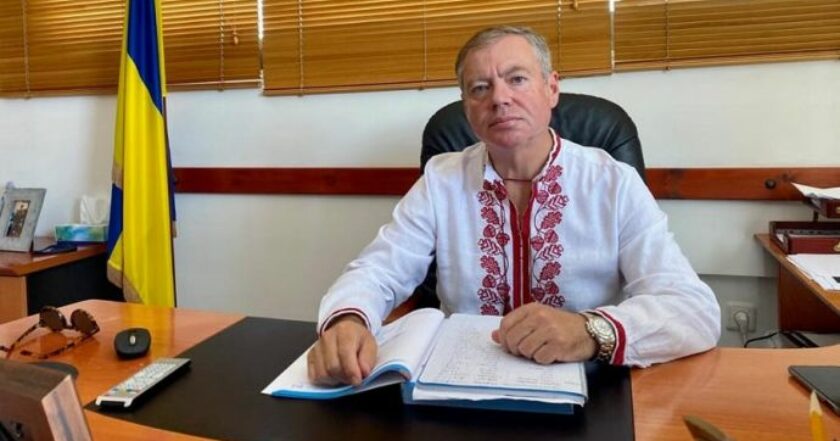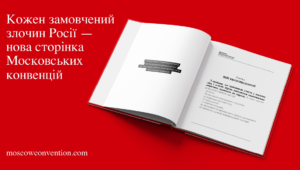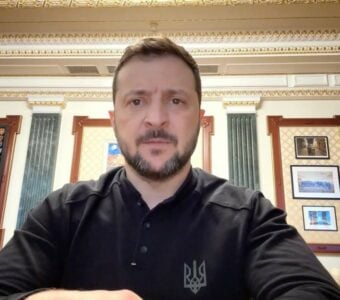Policy change: Ukrainian ambassador criticized Israel for talking with russian foreign minister

Photo: Facebook of the embassy
The conversation between the Israeli Foreign Minister, Eli Cohen, and the aggressor country's foreign minister, sergey lavrov, may lead to a change in Israeli policy.
The ambassador of Ukraine to Israel, Yevhen Korniichuk, told The Times of Israel.
The Ukrainian diplomat noted that communication with lavrov indicates a change in the country's policy. Previously Israeli diplomats had not spoken with lavrov since the beginning of the war.
Korniichuk also emphasized Israel's unclear war policy. Israel does not in any way condemn the massive strikes on the critical infrastructure of Ukraine.
"Israel is unique from the point of view of our partners. It is silent," emphasized Korniychuk.
According to an unnamed Israeli diplomat, Cohen conveyed to lavrov a message from US Secretary of State Antony Blinken that Israeli Prime Minister Benjamin Netanyahu was ready to mediate if one of the parties asked him to do so.
On January 2, the newly appointed Minister of Foreign Affairs of Israel, Eli Cohen, said that Israel would start "speaking less publicly" about the war between russia and Ukraine.
The new head of the Israeli Foreign Ministry also announced a planned conversation with lavrov, the minister of foreign affairs of russia.
He also refused to comment on providing defensive weapons to Ukraine and said that Ukraine would continue receiving "significant humanitarian aid."
Eli Cohen said: "On the russian-Ukrainian issue, we will do one thing for sure, speak less publicly about it."
Reference
The American Axios, citing the words of unnamed Ukrainian and Israeli officials, reported that Prime Minister of Israel Benjamin Netanyahu and President of Ukraine Volodymyr Zelensky allegedly negotiated a change in Ukraine's position at the UN regarding the resolution on the Palestinian territories in exchange for air defense.
According to an Israeli source, Netanyahu asked Ukraine to vote against or at least abstain.
In response to this request, Zelensky allegedly said that in exchange for such a vote from Ukraine, he would like to hear how the new Israeli government plans to change its position on aid to Ukraine, in particular, whether it is possible to count on means of protection against ballistic missiles and Iranian drones. According to the Ukrainian source, Netanyahu did not make any promises but noted that he is ready to discuss Zelensky's request in the future. Zelensky was not satisfied with such an answer.
As a result, Ukraine chose a neutral option. It decided not to participate in the vote at the General Assembly, as the Ukrainian interlocutor Axios reported, "to give a chance to relations with Netanyahu."
An Israeli source says that Netanyahu was disappointed Kyiv chose this decision instead of "abstaining" from the vote.





















































